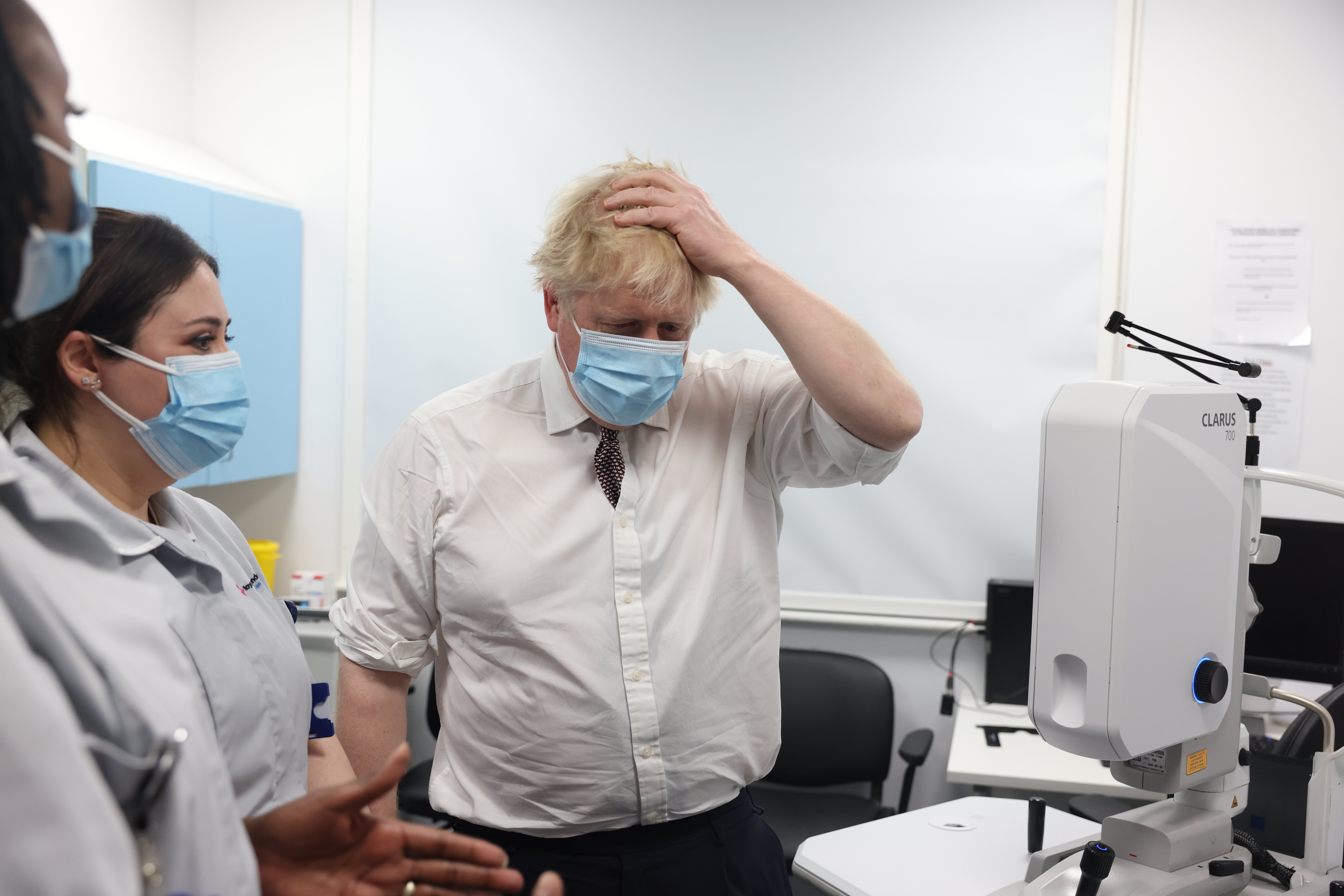The state of the NHS is the other huge crisis facing the incoming prime minister
Editorial: The energy crisis is only going to make the continuing weakness of the health service worse

There is no doubt that the energy price crisis is the most important issue facing the new prime minister, when he or she is appointed on 6 September. The scale of the economic shockwave that is just breaking over the country, and over much of the world, is only just beginning to be understood.
But it is not a simple or a single issue. It will exacerbate the other serious challenges which the new government will have to address. The parlous state of the National Health Service is the next most important issue, and the energy crisis is about to make it worse.
As we report, the cost of petrol and diesel is expected to force about 8 per cent of community NHS staff to leave their jobs in the next year. Nurses who rely on their cars to visit patients in their homes could find themselves paying a third of their pay on travel costs.
This is only one direct way in which the rising cost of oil and gas is going to have a negative effect on the NHS. As inflation rises, all NHS costs will rise, with heating costs this winter only the first wave, to be followed by pressure on the pay of all staff. The logic of paying community staff in rural areas more for their travel costs is only the start.
All of this is on top of an NHS that is already in a weakened state. As a responsible news organisation, The Independent recognises the need to avoid language that will scare people unnecessarily. The entire NHS is not collapsing, or in meltdown, or being overwhelmed. Large parts of it are functioning well, providing the high quality of care that people are entitled to expect. But there is no doubt that the post-Covid backlogs are immensely serious, and that the delays affecting ambulance services, mostly caused by congestion in hospitals, unable to discharge patients into adequate social care, are unavoidably frightening.
Data analysis by Rebecca Thomas, our health correspondent, and John Burn-Murdoch of the Financial Times suggests that the problems of the NHS have contributed to excess deaths that cannot be explained by Covid, excess heat or demographics. And that was before the additional pressures of rising energy prices became acute.
To keep up to speed with all the latest opinions and comment, sign up to our free weekly Voices Dispatches newsletter by clicking here
Against this background, the focus of the Conservative leadership campaign on tax cuts seems ever more other-worldly. There is no way, faced with the huge twin challenges of high world energy prices and an NHS urgently in need of resources, that the backward-looking Conservative dream of the small state has anything to offer.
No one wants the state to be bigger than it needs to be; no one wants taxes to be higher than is required to fund the services that are essential. But this is a crisis that will call, once again, for exceptional measures. If Liz Truss becomes prime minister, it may be largely because the Conservative Party has failed to come to terms with the need to deploy the power of the state to protect the vulnerable after the financial crisis and during the pandemic.
But if she refuses to sweep aside the leadership campaign slogans of low taxes and the small state in order to meet the continuing challenge to the NHS, she will fail and deserve to do so.



Join our commenting forum
Join thought-provoking conversations, follow other Independent readers and see their replies
0Comments